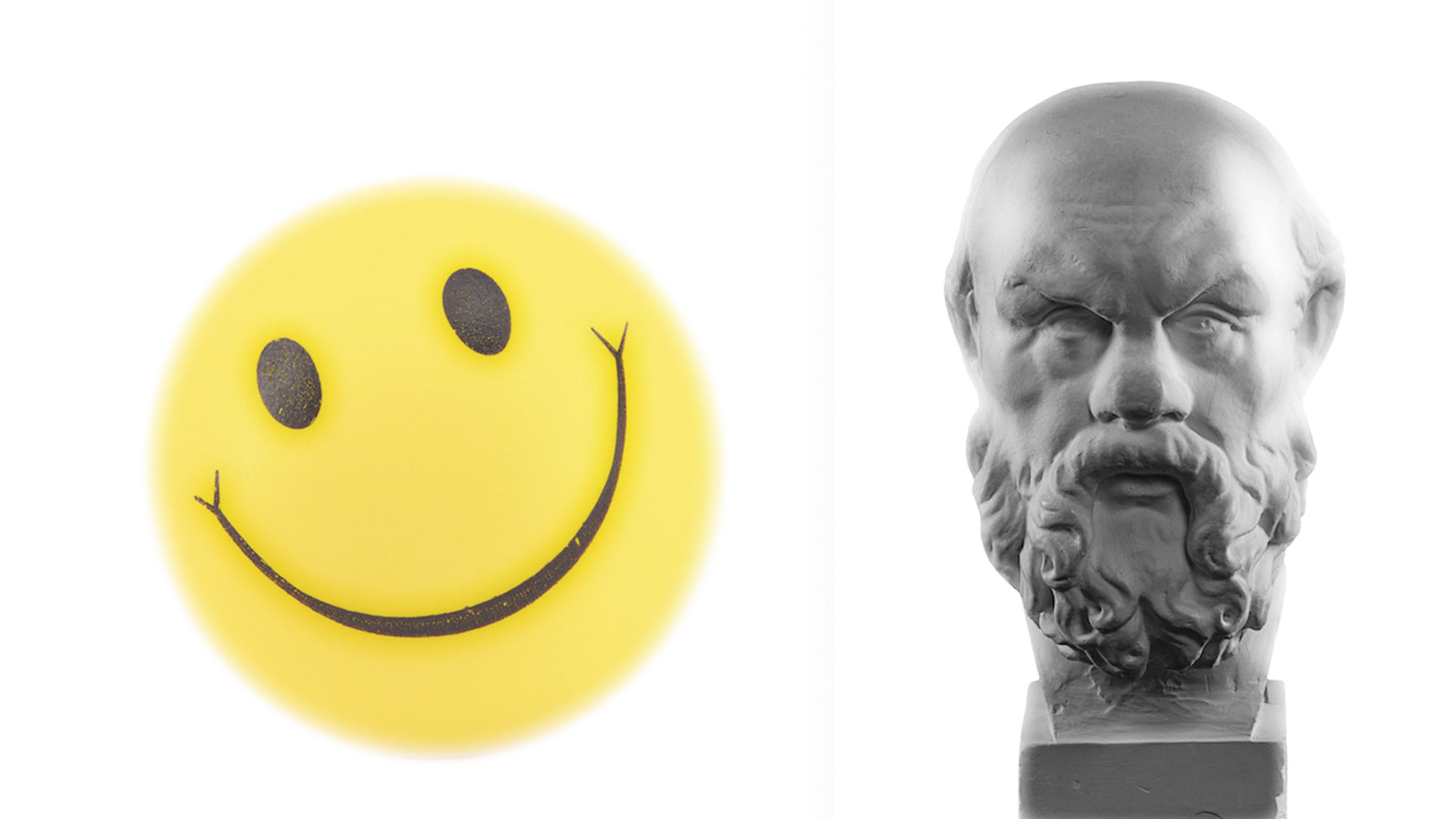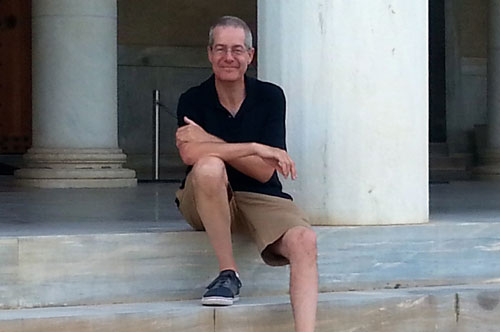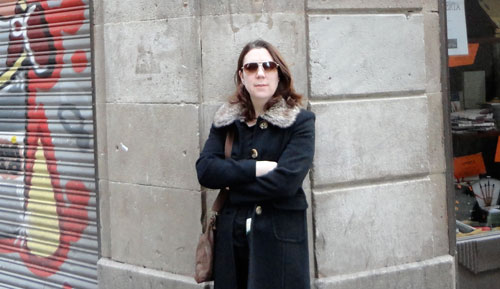Should I keep calm and carry on?
Massimo Pigliucci: Stoicism isn’t about suppressing emotions and going through life with a stiff upper lip. However, the Stoics did counsel to shift our emotional range from positive to negative, meaning we should not act out of anger because it is destructive and we will regret what we do under its influence. Take a deep breath or go for a walk before tackling a tough situation. As for carrying on, resilience is a good thing but you do want to change for the better whatever is in your power to change, starting with your own life.
Sandy Grant: That outlook accords excessive significance to negative things in life. A far better question is: should I live for pleasure? Hedonists say yes. The first was Aristippus, who said: “Good cheer is no hindrance to a good life.” So hedonists defend the goodness of individual pleasure against its subordination to ‘higher’ faculties or gods, or its sacrifice to the demands of ‘the community’. And hedonism questions a social order that limits the pleasure of many and brings about outright misery for some. At the same time it is a philosophy for everyday life, which asks people to care about their pleasures and those of others.
Hedonism does not require a disregard for future consequences
Should I save for a rainy day?
MP: Yes, we should plan for the future. But the Stoics also teach there is a profound distinction between our decisions and efforts (which are under our control) and what actually happens (which depends on other factors as well). So consider that your plans may not come to fruition. If that happens, devise an alternative plan of action.
SG: Some people save up to better deal with possible bads. That is a sort of hedonism of the future, insuring yourself against pains. But why let it predominate? Hedonism does not require a disregard for future consequences, although it does suggest that it isn’t good to make yourself or others miserable just because the future is uncertain.
How can we survive great personal tragedy?
MP: Tragedy is an unavoidable part of life. We all lose our parents, some of our friends and if we are unlucky, even our children. Grieving is a natural human need but it is not good to dwell on it, to become paralysed by it. To avoid that, the Stoics counselled putting things in perspective, reminding ourselves everyone else goes through similar experiences, and they survive them. Even after a tragedy we have a duty toward our family and friends, as well as roles to play in society at large. So developing an attitude of equanimity and acceptance will help us get back to being productive human beings.
SG: People who suffer things like life-changing injuries, terrible crimes or the death of their child undergo great personal tragedies. Hedonists see these for the great ills that they are. Such dire circumstances are not cause for equanimity and we should not demand that from people. Most subject to tragedies survive, and some recover in time. If they do, this is a good thing for their own sake. But it is not something that we require them to do because we want to hold them to duties. Sadly others may not recover, and a hedonist would be prepared to provide for them. So a hedonist is solicitous toward those subject to tragedy, and criticises failures of compassion.











